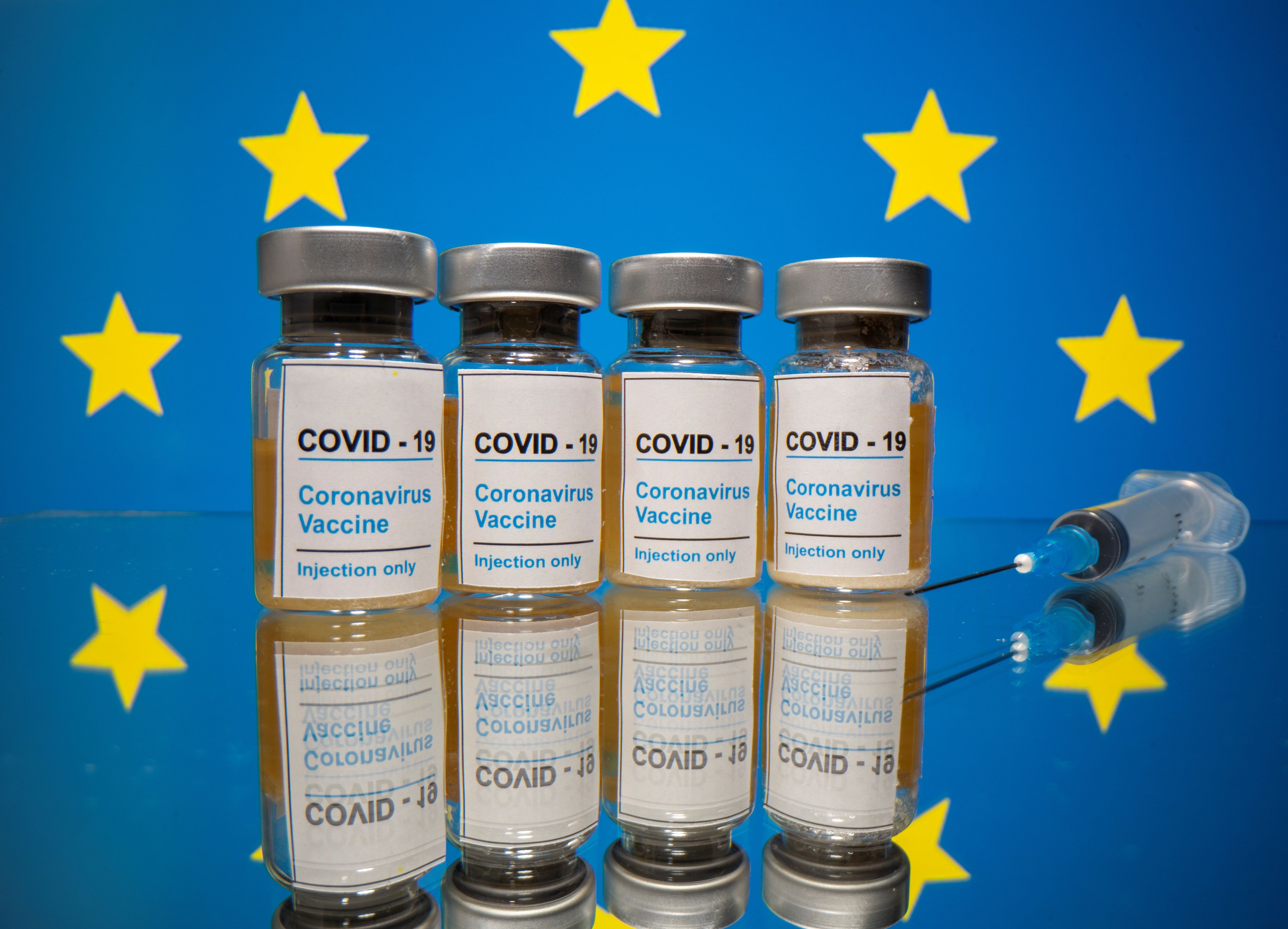Vaccine Passports and Freedom of Movement in the EU

At the beginning of the year, the Greek Prime Minister Kyriakos Mitsotakis, in a letter to the President of the European Commission (EC) Ursula von der Leyen, called for the commencement of work on an EU COVID-19 vaccination passport, enabling travel within the Community without additional requirements (e.g., quarantine). At the European Council on 21 January, the heads of state and government decided to start work on a standardised form of proof of vaccination. A week later, the Member States and the EC approved guidelines for vaccination certificates prepared by a network of national authorities responsible for e-health. The guidelines were consulted with the EU Health Safety Committee, the European Medicines Agency, the European Centre for Disease Prevention and Control, and the World Health Organisation (WHO).
E-Health Certification Guidelines
According to the guidelines, the vaccination certificates are to be used only for medical purposes, so in situations in which a person is to receive two doses of the vaccine but in different countries, or when a patient experiences side effects. Possible other purposes for their use should—in line with the guidelines—be defined by the Member States, based on scientific and ethical parameters. The use of the certificates should not lead to discrimination against those who cannot receive the vaccine.
The guidelines emphasise that the solutions for vaccination certificates should be simple and flexible, allowing the use of both paper and digital versions. A rigorous approach to the protection of personal data is also recommended. As a consequence, the certificate form should contain only basic patient data and vaccination details, and the data subject should have control over the use of the data contained in the document. Each certificate is also to have a unique identifier (UVCI) to support interoperability. The primary language of the certificate is to be English, but the document may also be presented in other languages.
Restrictions on Movement During the Pandemic
Both EU regulations on the free movement of workers (Article 45 of the Treaty on the Functioning of the European Union and Regulation No 492/2011) and those relating to the rules for crossing borders in the Schengen area (the so-called Schengen Borders Code, or SBC) allow restrictions on the movement of people in the EU on grounds of public policy, internal security, or public health. However, any such measure must be necessary, proportionate, and based on objective and non-discriminatory criteria. According to the Border Code, checks at internal borders should be limited in time. The standard procedure stipulates that the scope of their validity should not exceed 30 days (with the possibility of extending it up to a total of six months), and a special procedure used in cases where the functioning of the entire zone is at risk allows inspections up to two years.
The pandemic has strengthened the tendency visible during the mass-migration crisis for Member States to unilaterally reintroduce border controls and then extend them beyond the period provided for in the regulations. To eliminate conflicts and protect the single market, the EC initiated “green lines” for the transport of goods and the introduction of border-crossing facilities for workers crucial to fighting the COVID-19 crisis, including cross-border and seasonal workers in the health sector and agriculture. In autumn 2020, the Council adopted a recommendation to coordinate measures affecting free movement and updates it continuously. On this basis, a colour-coded map of regions (dependent on the rate of reported COVID-19 cases) and common criteria for countries when deciding to introduce travel restrictions were introduced. Travel to red or dark red zones is strongly discouraged, and departure from a dark red zone or zones with new variants of the coronavirus should result in a requirement to undergo a test or quarantine at the destination.
Challenges for the Implementation of the “Passports”
Many Member States, including the countries of Southern Europe, which largely base their economy on tourism, and the Nordic countries, where the vaccination process is progressing relatively quickly, support the idea of vaccine certificates for travel purposes. However, this concept raises many questions. Although WHO has developed it in passport form, the organisation recommends that it be used to monitor the level of vaccination rather than treated as a condition of entry into the territory of a country, which it sees as unfair. Similar calls also are heard across Europe, especially in countries where the first phase of vaccinations is slow and where scepticism of them remains high (e.g., in France where around 40% of the population declares that they do not want to be vaccinated).
The implementation of vaccine passports would require the introduction of controls at the internal borders of the Schengen area, which, under the applicable regulations, should be limited in time. However, setting a potential date for passport verification is difficult because the vaccination process is slower than originally hoped, and refusing to allow people who cannot be vaccinated to cross the border violates the principle of non-discrimination. Even the introduction of such a solution after the vaccine is more widely available (the European Commission plans to vaccinate 70% of adult EU residents by September 2021) also does not eliminate all doubts. A one-size-fits-all solution also may discriminate against people who, for example, due to their health condition, cannot receive the vaccine. Treating the passport as an alternative to a test or quarantine could address these doubts and would be more justifiable as it is uncertain whether the available vaccines protect against new virus variants.
The dissemination of the vaccine passport as a permanent element of travel within Schengen (even at selected borders, e.g., at airports) would require a revision of the Schengen Border Code. However, due to misunderstandings over the interpretation of internal control provisions, many Member States have been demanding reform of the system for years (so far, with no effect due to disputes between states). The EC plans to present a new Schengen package, including a revision of the SBC in the second quarter of 2021. The change in regulations aimed at implementing passport verification at the borders would, however, limit the freedom of movement of people, which would have a negative impact on the functioning of the single market.
One alternative to the verification of vaccine passports at borders would be to treat them as passes to obtain certain services on the territory of all Member States (e.g., the requirement to present the document when registering at a hotel or before entering a museum). Such a solution, though, apart from the controversy related to discrimination, would have a limited effect from an epidemiological point of view.
Conclusions for Poland
Despite the higher-than-average pace of vaccinations in Poland, it does not eliminate all concerns related to the restriction of the mobility of Polish citizens as a result of the introduction of vaccine passports. The more so that in Poland still (despite a clear improvement) a large percentage of citizens declare scepticism of vaccines—according to the latest research, 56% of Poles expressed the willingness to take a COVID-19 vaccine.
The use of vaccination certificates as passports brings an opportunity to increase health security while reviving the economy in the short term. However, it is associated with the risk of increasing fragmentation of the Schengen area: if the work on the passport contributes to a significant relaxation of SBC rules, the result may create permanent difficulties in border traffic, which in turn could hamper the Polish economy.


